Narrative
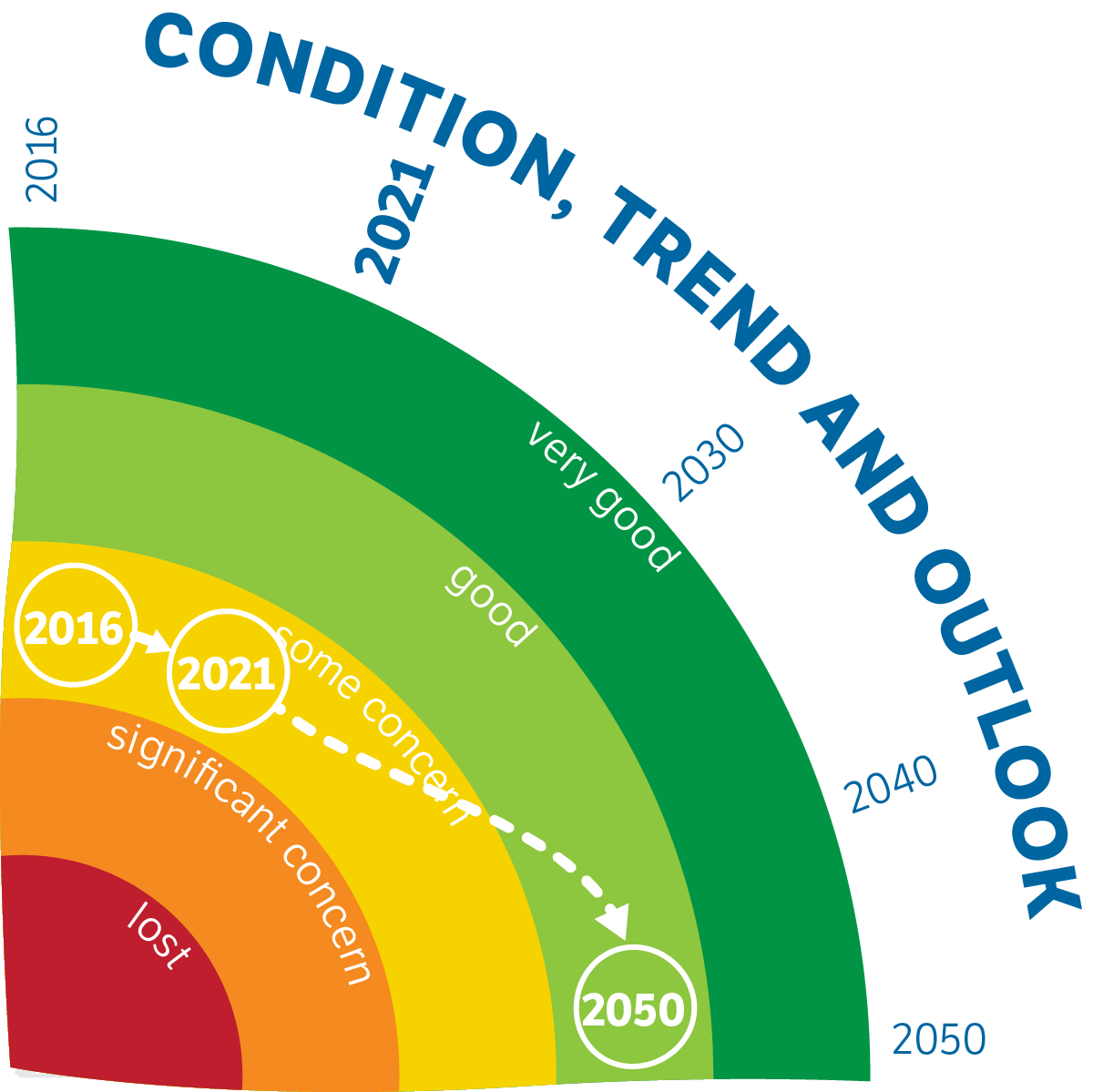
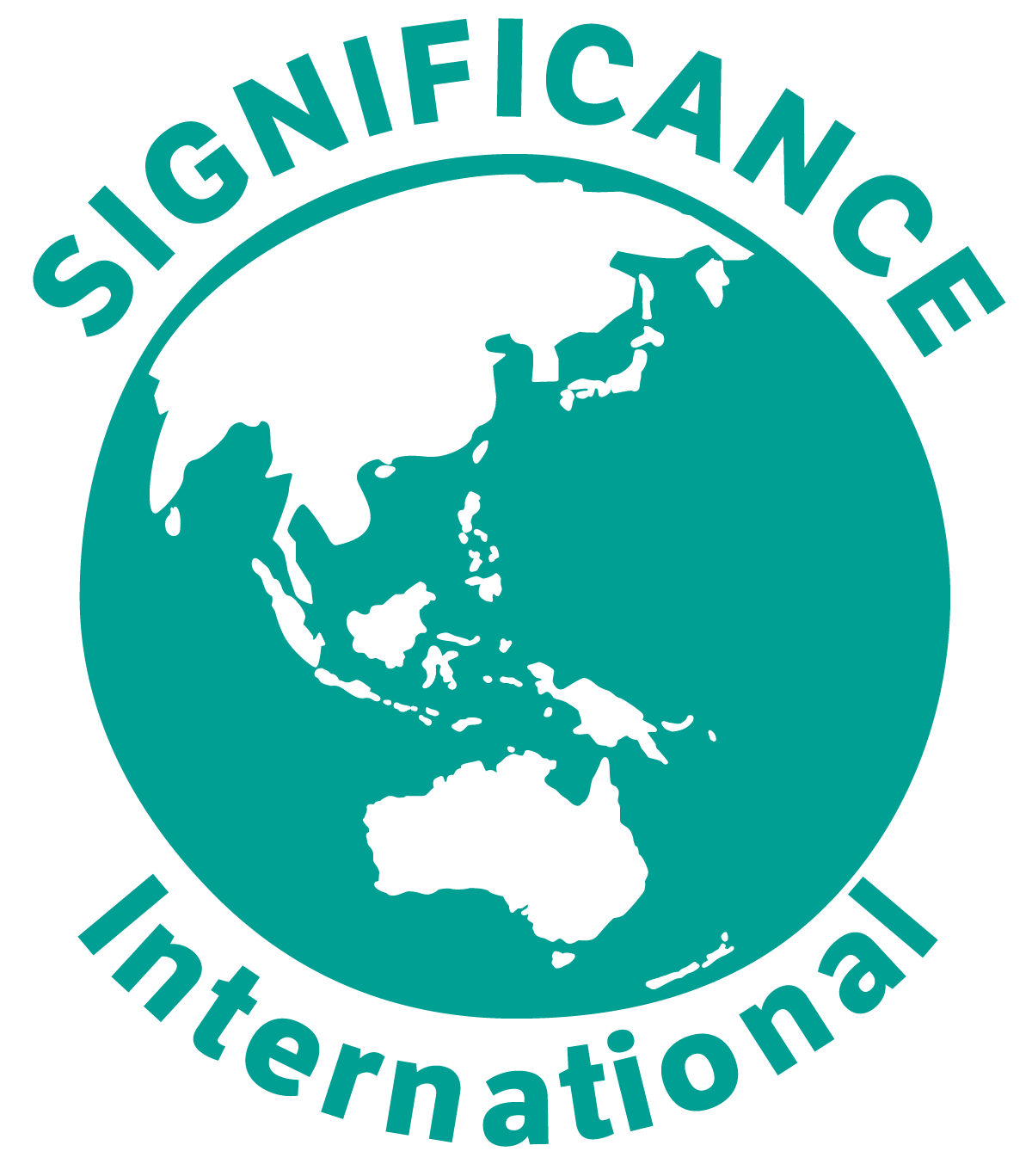
Effective management and protection of the unique cultural and natural values in Torres Strait requires a combination of local Indigenous knowledge and other scientific knowledge and approaches working together to support evidence-based decision making and regulatory approaches.
The quality and quantity of scientific knowledge about the region has grown over recent decades. Accurate baseline data and targeted monitoring of indicators is vital to assess the health of key values and to inform future management and planning, as well as adaptive responses to emerging threats. There are still large gaps in science knowledge and data in relation to trends in dugong abundance and movements, turtle abundance and movements, whales and dolphins, sharks and rays, non- commercial pelagic fish, littoral zone species, marine molluscs, crocodiles, invertebrates, mangrove crabs, fungi, general island ecology (e.g., small mammals, microbats, reptiles, distribution of rare plants, distribution of weeds – particularly on most uninhabited islands), and ground water.
Torres Strait Islander and Aboriginal communities and Traditional Owners want scientific research to align with cultural protocols, to respect and integrate local Indigenous knowledge, and to address local land and sea management priorities. Research should align with the priorities in the Land and Sea Management Strategy for Torres Strait 2016-2036 and the knowledge gaps identified in this report card.
The future sustainability of the region’s rich biodiversity is dependent on strong collaboration between researchers, management agencies and Traditional Owners and communities to ensure that scientific research complements planning and management efforts at a local community and regional scale
Research across the region should deliver mutual benefits for Traditional Owners, island communities, research institutions and investors, land and sea managers, and build the capacity, skills, and knowledge of local communities.
What is already happening?
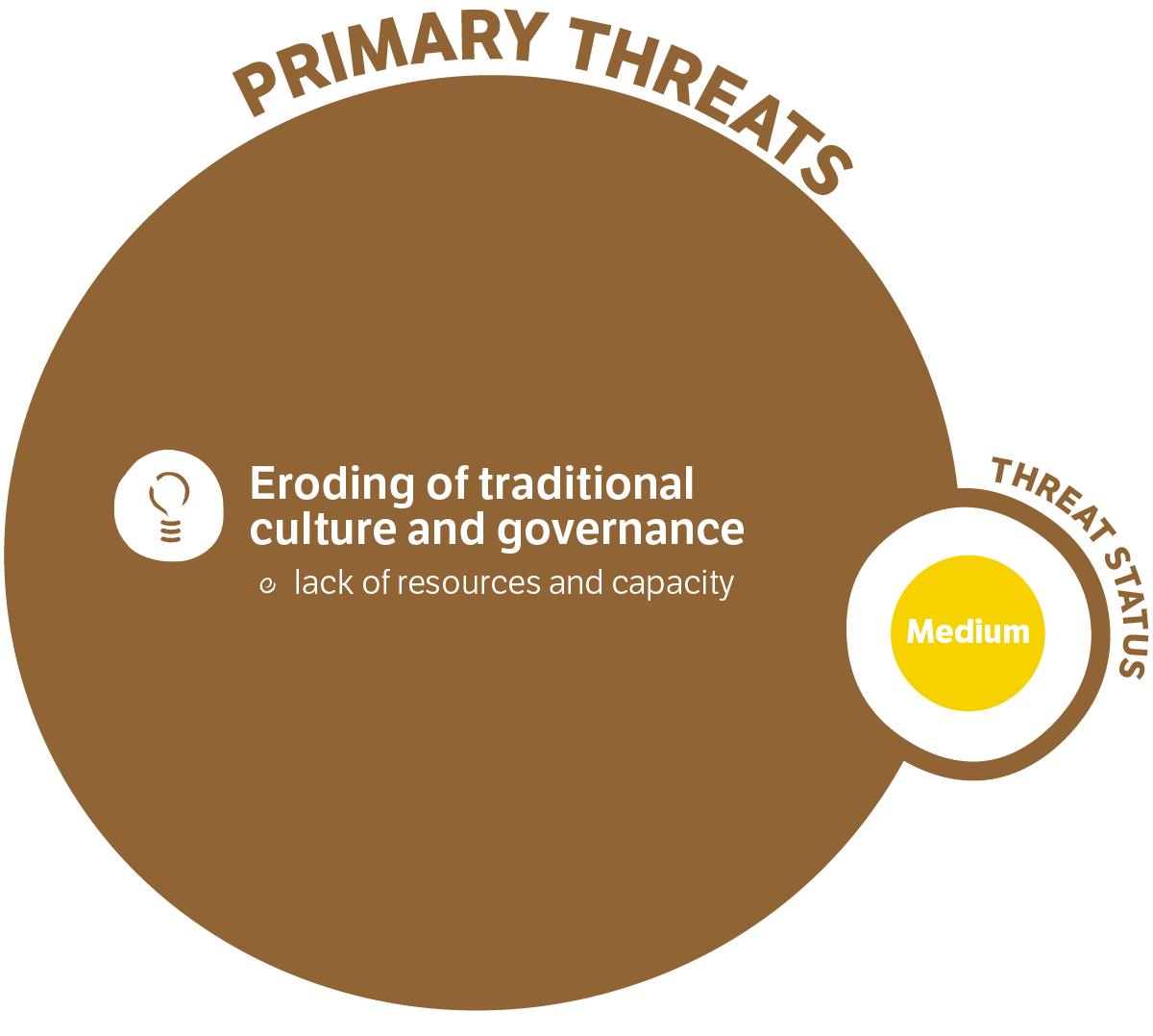
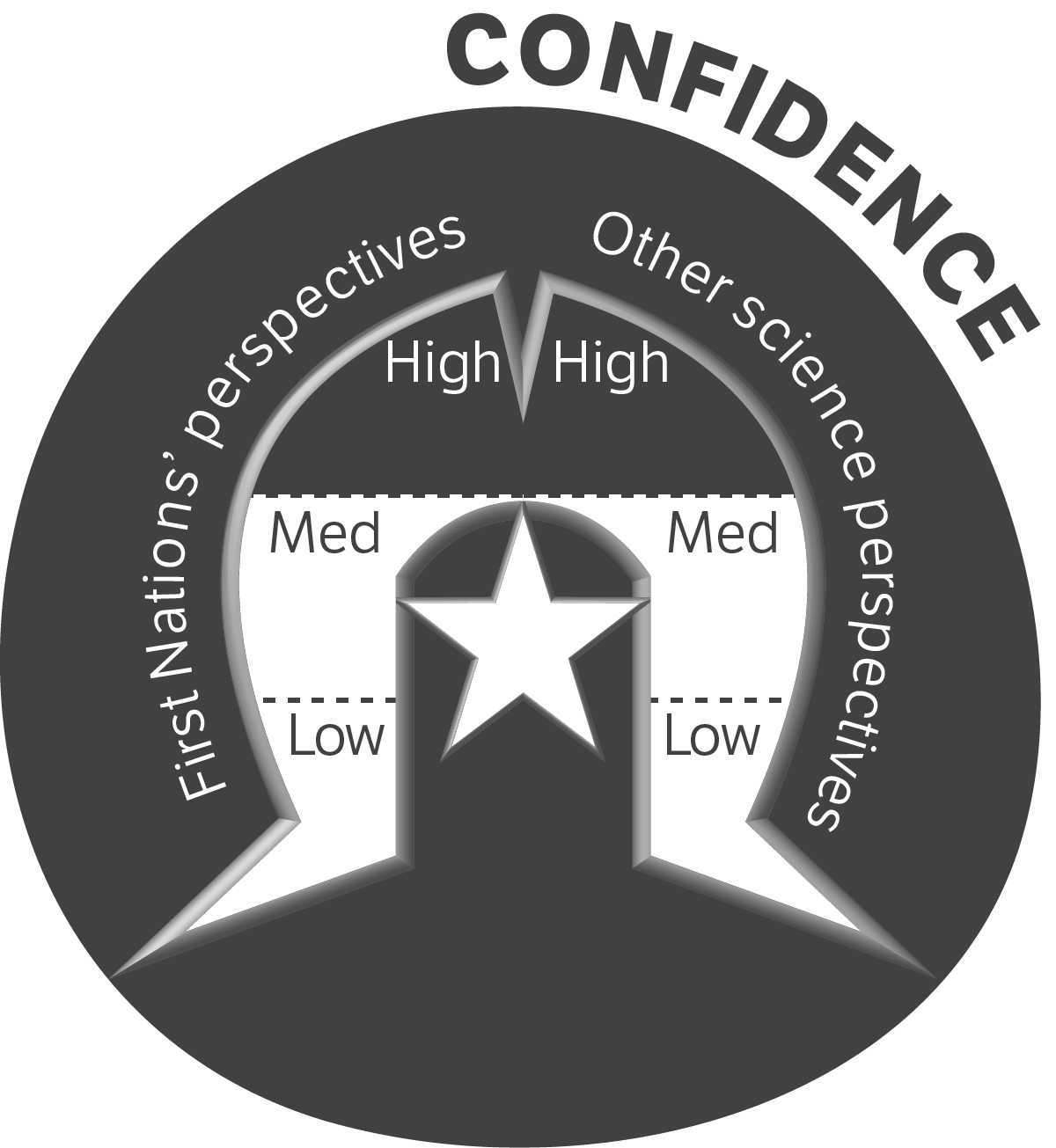
Research partners are increasingly aware of the importance of seeking permission to undertake research in Torres Strait, engaging rangers and Traditional Owners in their research methods, addressing local priorities, and sharing research findings with communities. Increasingly, development of research and monitoring is being done as a co-design process with communities.
TSRA recognises that Torres Strait Islander and Aboriginal people have the right to maintain, control, protect and develop their Indigenous Cultural and Intellectual Property (ICIP) in accordance with Article 31 of the United Nations Declaration on the Rights of Indigenous Peoples.
A variety of protocols have been developed, or are under development, to help ensure that ICIP created, used or shared in research partnerships is protected, that research priorities are identified and directed by Traditional Owners, and that land and sea management projects integrate knowledge collected by local research. Highly valued partnerships have been developed with key research institutions.
What could happen?
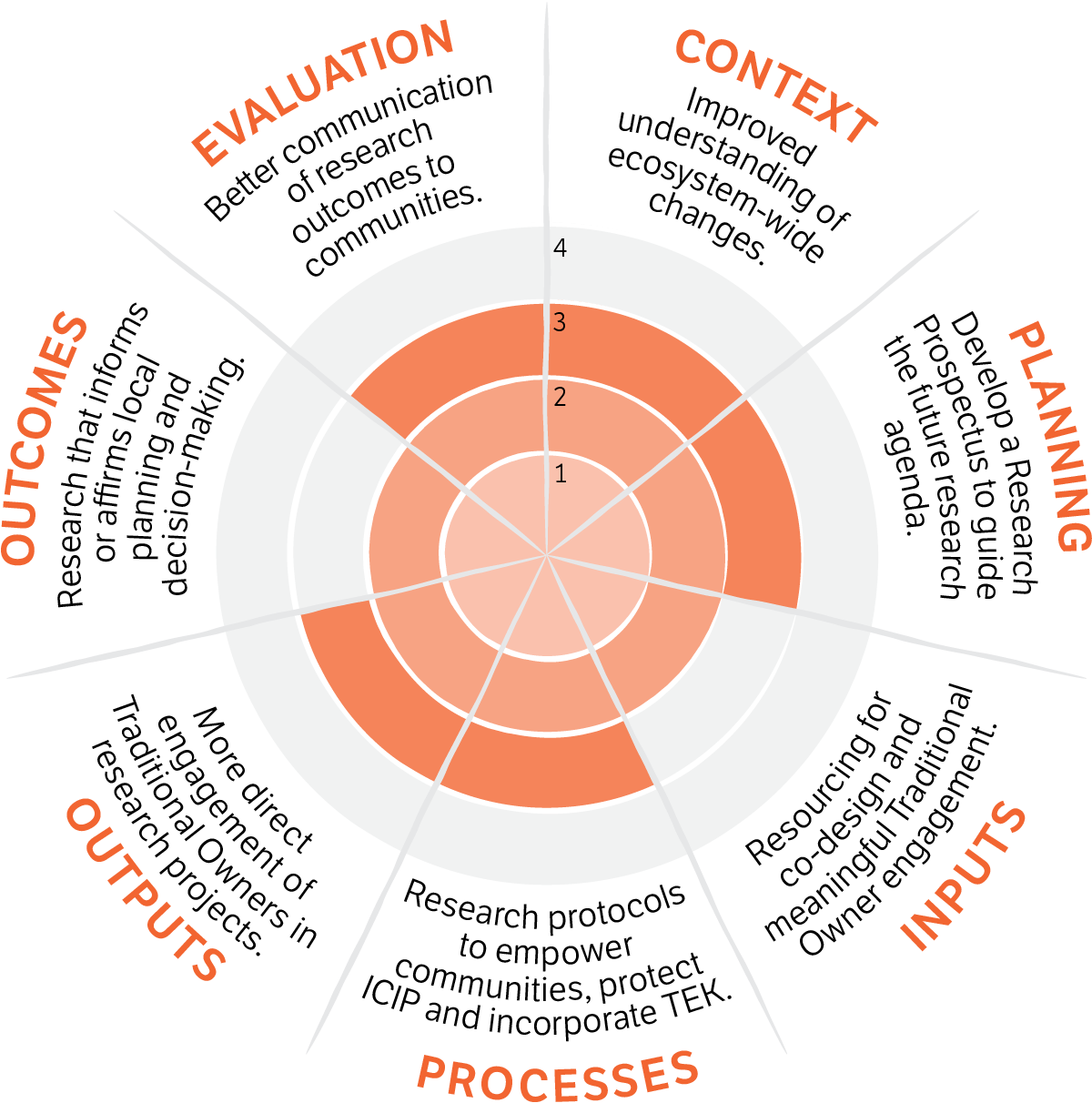
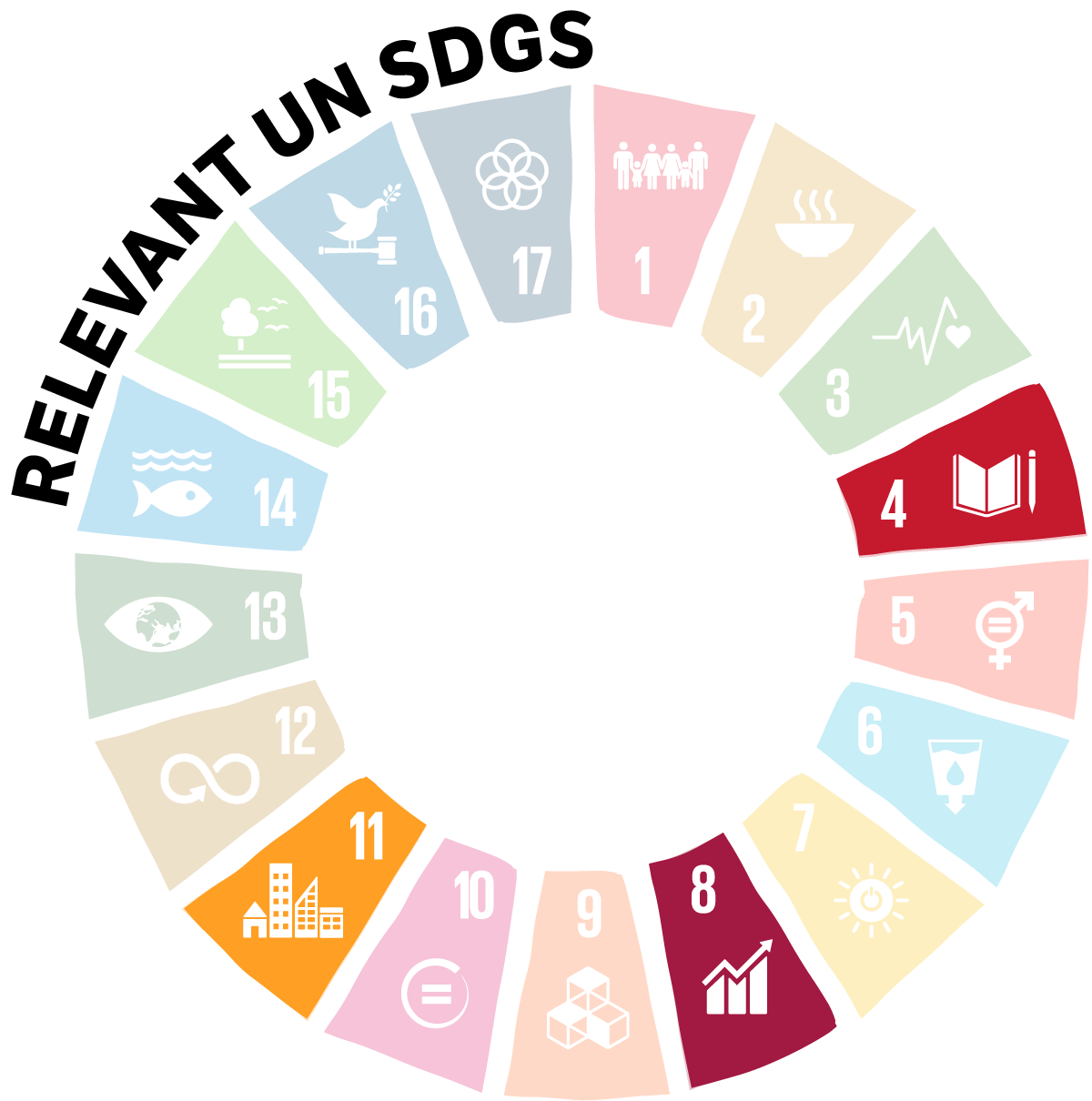
Mainstream scientific approaches could further complement local and traditional knowledge and understanding of the health of the region and explain some of the changes happening within the region that are linked to contemporary threats at a global scale, including from climate change.
Torres Strait Islanders could continue to influence research agendas to prioritise research that addresses key gaps in regional knowledge and helps to inform and empower communities to build their resilience and sustainability. Development of a research prospectus could support these objectives.
There is also significant potential for negotiating robust research agreements and developing stronger protocols that maximise opportunities for building capacity and career pathways and delivering co-benefits for Indigenous communities.
